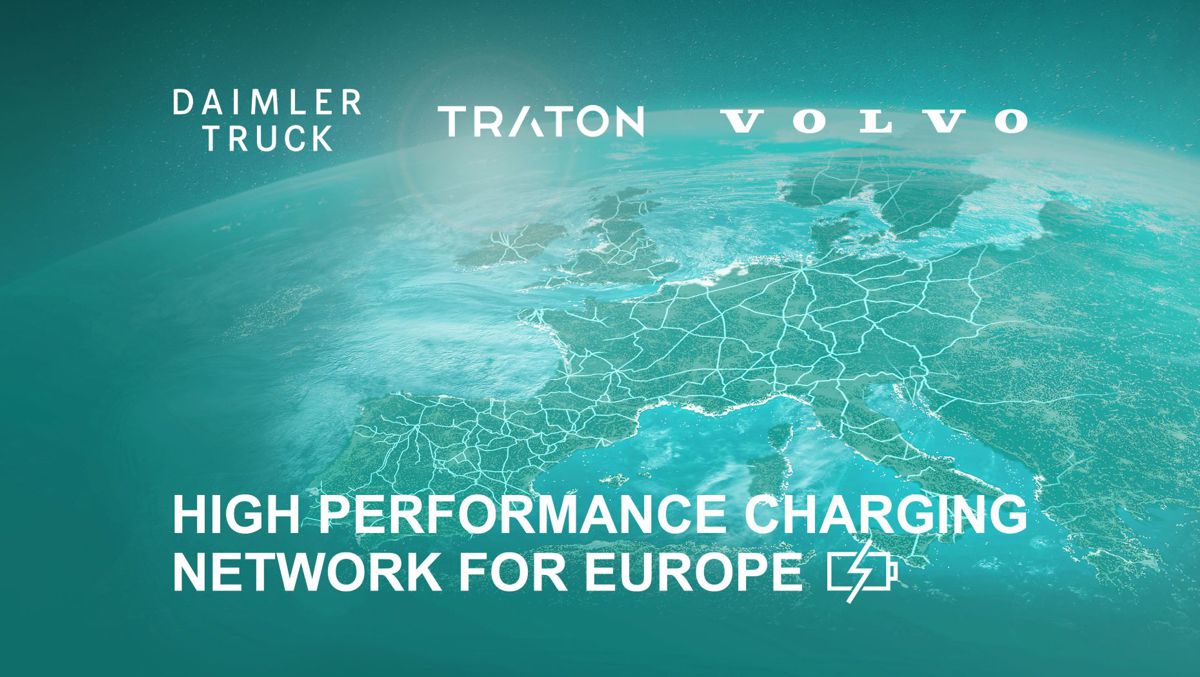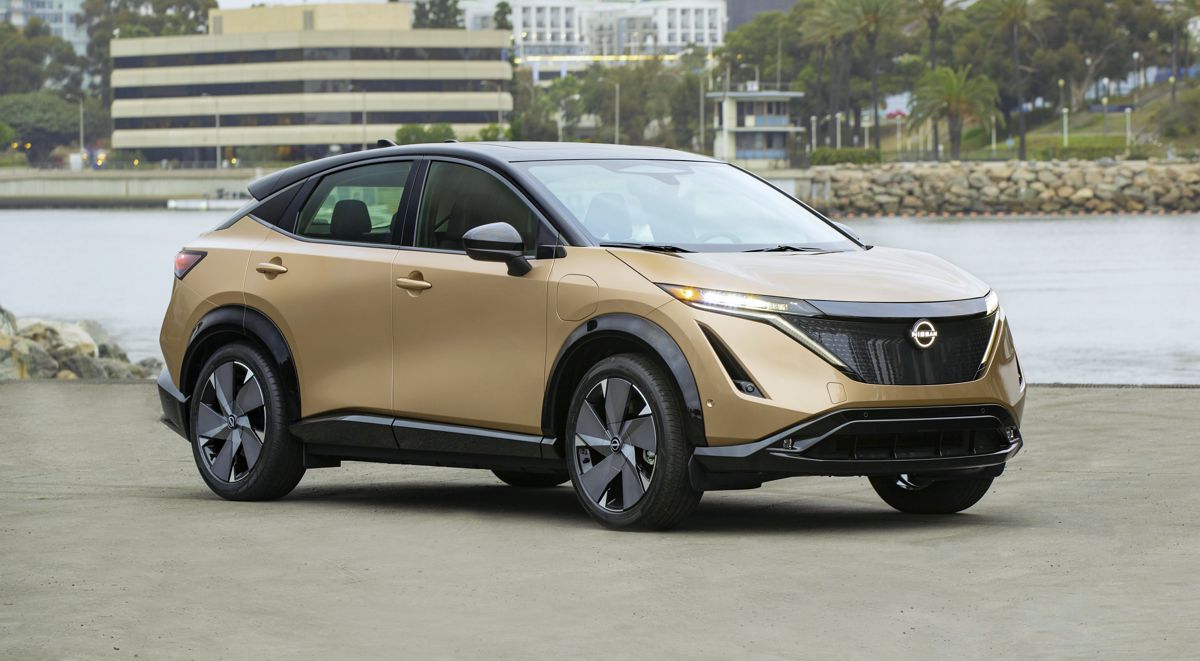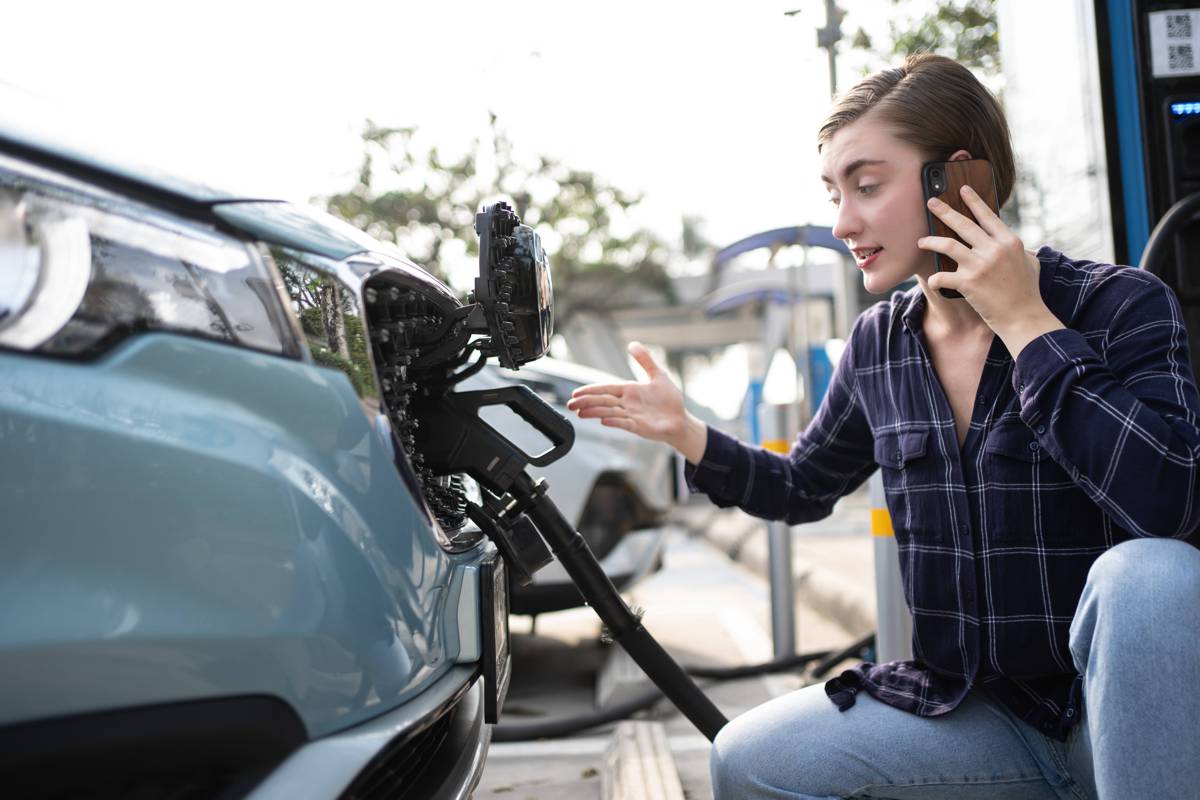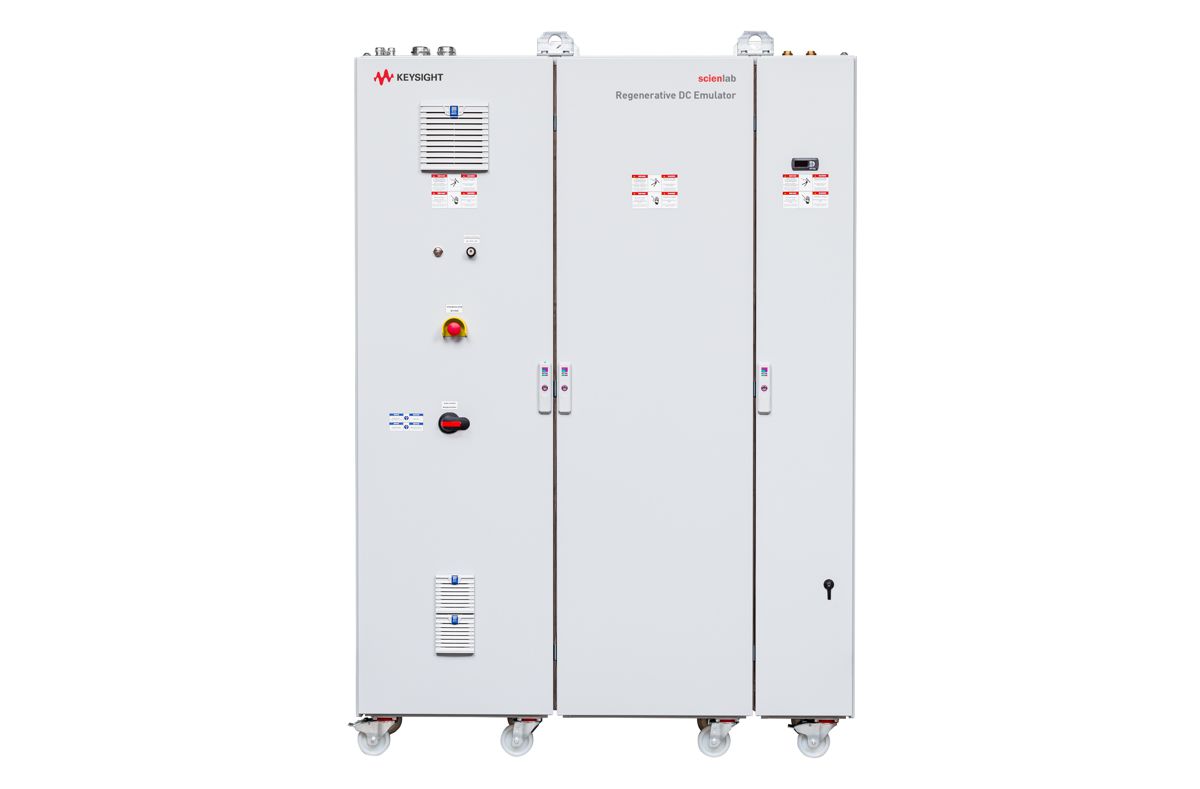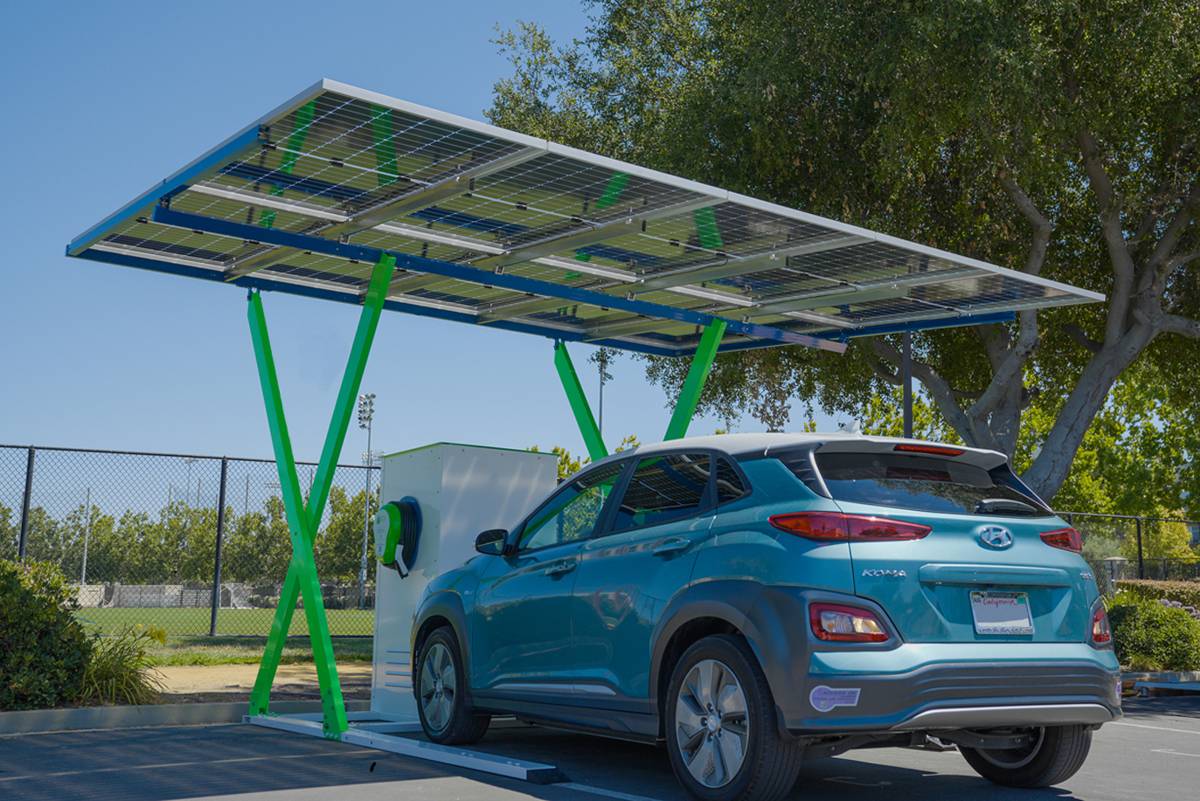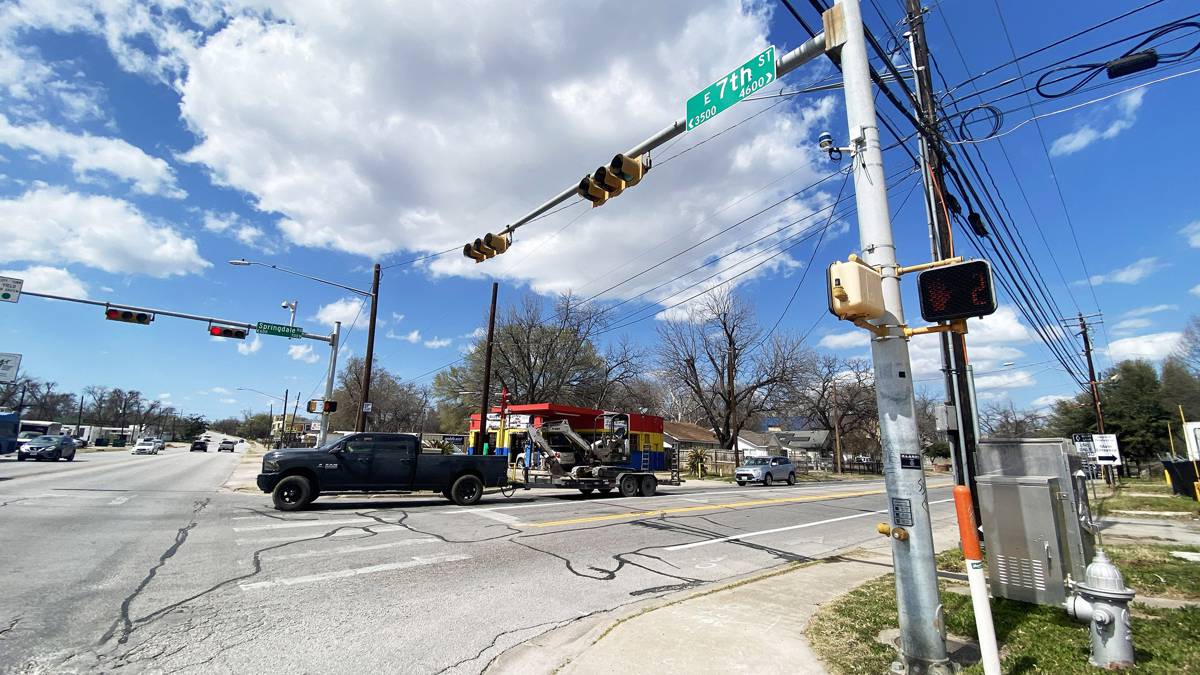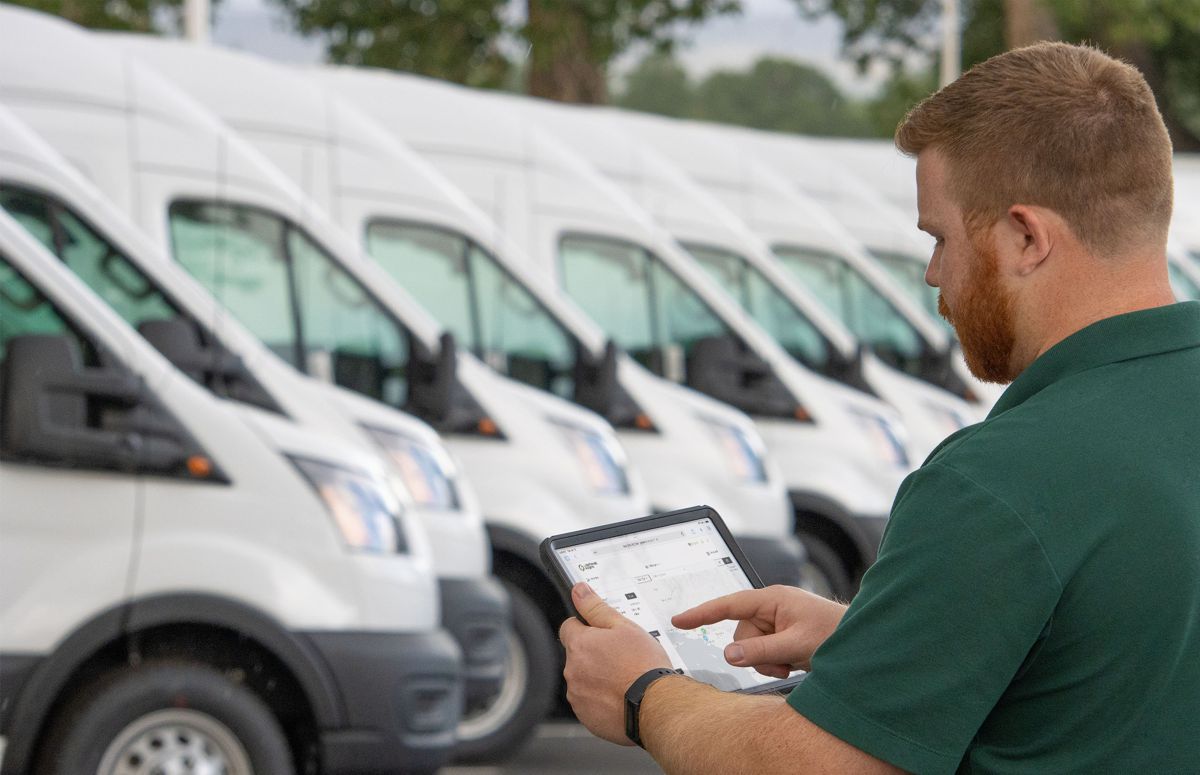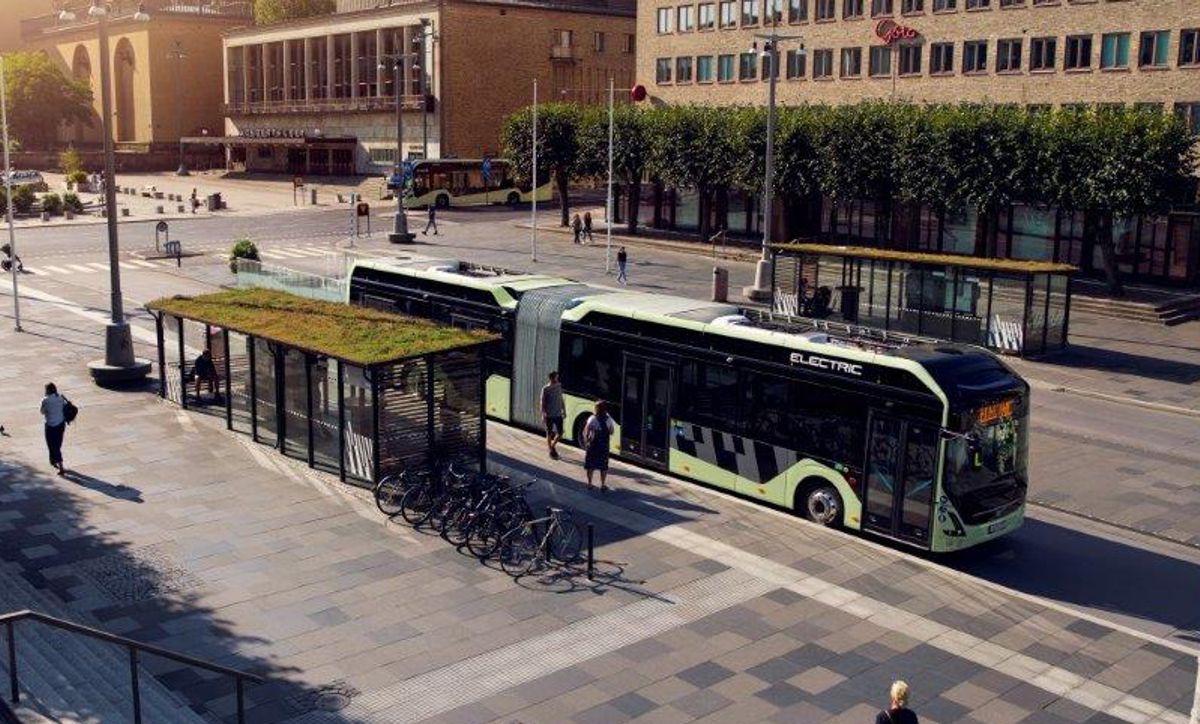Volvo, Daimler Truck and TRATON JV planning European charging infrastructure
The Volvo Group, Daimler Truck, and the TRATON GROUP completed the final step in forming the previously announced joint venture for charging infrastructure in Europe.
The new joint venture, with Anja van Niersen as appointed CEO, is expected to have a significant role in supporting the European Union’s Green Deal for carbon-neutral freight transportation by 2050.
As announced last year, the joint venture (JV) plans to install and operate at least 1,700 high-performance green energy charge points on, and close to, highways as well as at logistics hubs across Europe. The parties are committing to invest EUR500 million in total, which is assumed to be by far the largest charging infrastructure investment in the European heavy-duty truck industry to date.
The JV intends to take a catalysing role as a charge point operator (CPO) in the value-chain by installing and managing charging stations for heavy-duty trucks and coaches. It will be a self-standing legal entity, operating under its own corporate identity and based in Amsterdam, Netherlands. Anja van Niersen, who will be taking the helm of the new company, will bring with her a breadth of experience from the energy and charging industry sector, most recently serving as CEO and later as Chairman of the Board of a major European electric vehicle charging network provider.
With a strong customer-driven approach focusing on transport operators’ specific needs, the JV will provide reliable and accessible high-performance charging stations for all battery electric heavy-duty vehicle fleet operators.
This kick-start is a call to action to all other industry players, as well as governments and policymakers, to work together for a rapid expansion of the necessary charging network as well as investing in renewable energy in order to reach Europe’s climate targets. As a clear signal to all stakeholders, the charging network initiated by the three parties will be open and accessible to all heavy commercial vehicles in Europe, regardless of brand.
Martin Lundstedt, President and CEO Volvo Group: “This is a long-awaited and major step towards achieving the required charging infrastructure for the roll-out and success of battery-electric long-haul trucks and coaches. We are making what would be impossible for one actor alone to accomplish – this strong partnership is a significant milestone and accelerator towards carbon neutral transport in Europe by 2050.”
Martin Daum, CEO Daimler Truck: “We are very excited to kick off this new joint venture together with our partners. It is crucial that we are now taking the initiative for building up the much-needed charging network. Still, we call on the entire industry to join in our effort. The number of charge points has to increase significantly as fast as possible to make electric long-haul trucking a viable solution for our customers.”
Christian Levin, CEO TRATON GROUP: “To find the best solutions for the climate challenge is our most urgent priority as an industry and as the TRATON GROUP. When we talk to customers about electric trucks, they always ask: where can we charge? To support as fast as possible, we are teaming up and from today on kick-starting the European charging network. With Anja van Niersen this JV has a CEO with a great deal of experience in setting up charging networks. Anja and her team will support the important journey to enable further progress of sustainable transport.”
The JV team will work quickly to scale up operations and network deployment to provide reliable and convenient public charging for heavy-duty vehicles. As the demand for battery electric trucks and coaches is expected to grow rapidly in the coming years, the team will work collaboratively across industries to design and build charging solutions that match the needs of transport companies and drivers.
More information including the reveal of the brand name will be available during 2022.
The Volvo Group, Daimler Truck, and the TRATON GROUP will own equal shares in the JV but continue to be competitors in all other areas. The three partners signed the joint venture agreement in December 2021. Since then, the necessary approvals by the responsible authorities were obtained.
